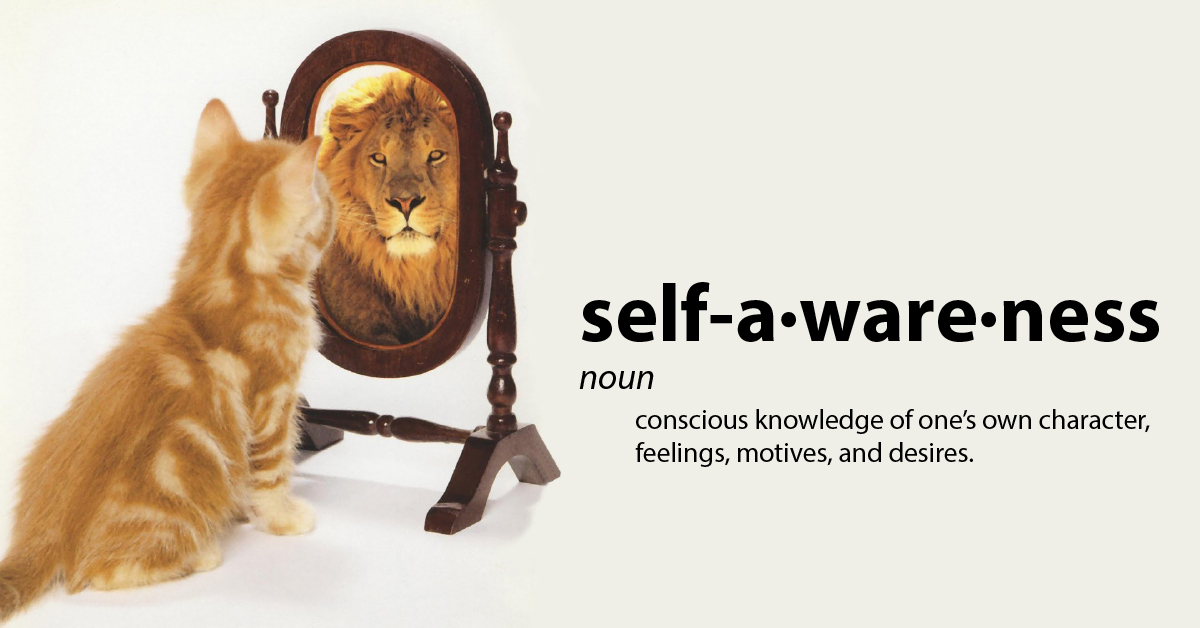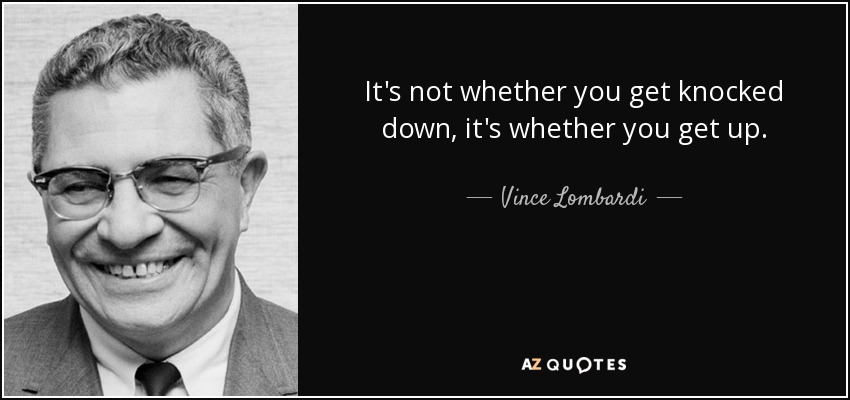Navigating When Criminal Thoughts Resurface
In the nuanced landscape of addiction recovery, relapse is often framed within the context of substance use. However, for some, including myself, relapse manifests in a different yet equally challenging form — the resurgence of criminal thoughts and behaviors, particularly in response to financial stressors. My personal journey through recovery has seen this pattern play out more than once, and it's a narrative that many can relate to. The trigger? Money issues. The response? A mental spiral that threatens to pull me back to a past life I've worked so hard to leave behind.
The Financial Trigger and Criminal Relapse
Money problems have a way of igniting a firestorm in the mind. When the bills pile up, and the immediate need for cash becomes pressing, the mind can race back to old, familiar strategies for quick financial resolution. For those of us with a history of criminal behavior, this is a particularly precarious trigger. The rush of thoughts urging a return to that former life of quick fixes can be intense and, if left unchecked, can lead to actual relapse into criminal activity.
My Own Battle with Relapse
Yes, I've relapsed in this way — not through substance use, but by slipping back into criminal thinking patterns that once dominated my life. Each time, it has been a sobering reminder of the persistent nature of addiction and its related behaviors. But with each relapse, I've gleaned insights and learned to bolster my defenses for the future. It's a tough pill to swallow, acknowledging these lapses in judgment, but it's also a vital step in the path toward lasting recovery.
CBT That Shit: Cognitive Behavioral Therapy as a Tool
How do we combat these invasive thoughts and prevent them from translating into actions? The answer I've found lies in Cognitive Behavioral Therapy (CBT), a form of psychological treatment that has proven effective in modifying harmful thinking and behavior patterns. CBT is predicated on the understanding that our thoughts, feelings, and behaviors are interconnected, and that by changing the way we think, we can alter the way we feel and behave.
Through CBT, I've learned to recognize the early warning signs of destructive thought patterns. It has equipped me with strategies to challenge and reframe those thoughts, replacing them with more constructive and realistic ones. Every time the old impulses resurface, I "CBT that shit" — I actively engage with the cognitive tools at my disposal to dismantle the criminal thoughts and prevent them from taking hold.
Overcoming Relapse Through Self-Awareness and Support
Overcoming these relapse tendencies is not a solo endeavor. It requires ongoing self-awareness and a robust support system. It's about having the humility to seek help when needed, whether that's through therapy, support groups, or trusted confidants. It also involves creating a financial safety net to buffer against the stressors that can trigger old behaviors.
Learning and Growing Through Each Experience
Each episode of relapse has been a profound learning experience. It has taught me the importance of vigilance and the value of having a toolkit of coping mechanisms at the ready. These lessons have become integral to my recovery, reinforcing my resolve and empowering me to stay the course.
Conclusion
Relapse in recovery is not limited to substance use; it can also emerge through the resurgence of criminal thoughts and behaviors, especially in response to financial pressures. My own experiences with relapse have underscored the importance of strategies like Cognitive Behavioral Therapy to intercept and transform these thoughts. By facing these challenges head-on and arming ourselves with the right tools, we can navigate the complex terrain of recovery and emerge stronger with each step forward. Remember, relapse doesn't define us — it's what we learn from it and how we respond that shapes our journey. -Belle-










No comments:
Post a Comment